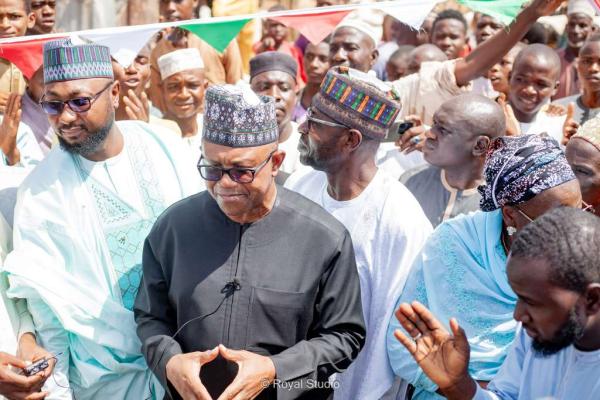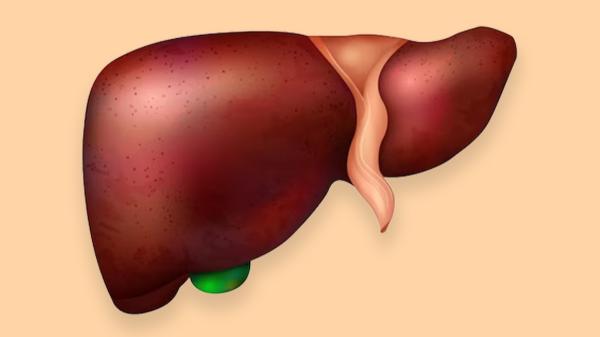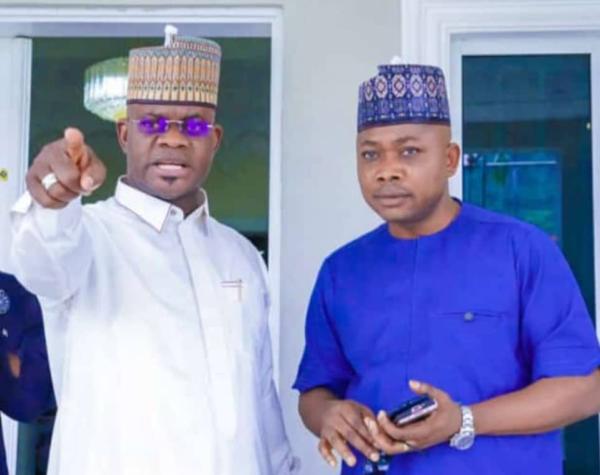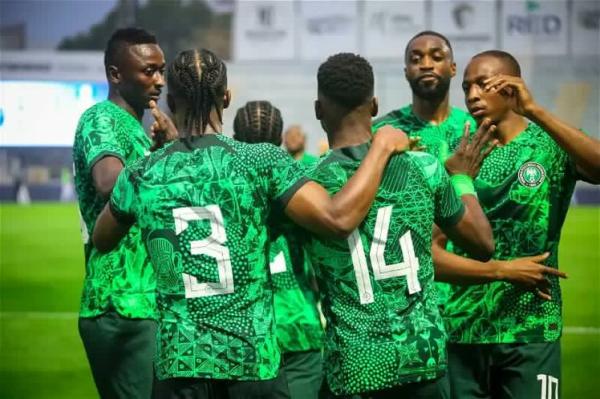
Chief of Army Staff, Lt-Gen. Yusuf Buratai, on Tuesday shielded away from the raging controversy over the source of funds he used in acquiring two choice properties in Dubai.
Buratai, who addressed a press conference on the Nigerian Army Day celebration 2016 in Abuja, rather issued a subtle threat to journalists.
Towards the tail end of his speech, Buratai said: “Gentlemen of the press, we have been partners in progress, however, the Nigerian Army still requires more commitment from you in the fight against terrorism. I must urge you therefore to put national interest above any other consideration and to tread the path of honour by not joining any bandwagon to report unverified negativities to the detriment of our national peace and security.”
He had earlier spoken of how the military relocated the command centre to the North-East and achieved much success.
His words: “Gentlemen of the press, good morning and welcome to the press briefing on Nigerian Army Day Celebration (NADCEL) 2016. This year’s NADCEL promises to be unique albeit low key, it will showcase the Nigerian Army’s commitment as a professionally responsive force in the discharge of its constitutional roles.
“The Nigerian Army as a force has the constitutional mandate to maintain the country’s territorial integrity. Therefore, a succinct reminiscence on the history of the Nigerian Army is desirable as my point of departure, to aptly illustrate the milestones so far covered by our noble institution. The history of the Nigerian Army could be traced to 1863, when Lieutenant Glover of the Royal Navy organised 18 indigenes of Northern Nigerian into a local force known as the “Glover Hausas”.
This local force metamorphosed and eventually became part of a larger body established by Lord Fredrick Lugard in 1889, which was named the West African Frontier Force (WAFF) in 1890. The Nigerian Army has since then undergone several transformations with consequent changes in name and structure which include the Nigerian Regiment, Queen’s Own Nigerian Regiment, and the Nigerian Military Force. At Nigeria’s Independence in 1960, it became known as the Royal Nigerian Army, and finally the “Nigerian Army” in 1963, when Nigeria attained Republican Status.
“NADCEL is an annual event which was first celebrated on 6th July 1978, in solemn remembrance of that historic first shot on 6th July, 1967 which marked the commencement of the country’s 30-month Civil War to keep Nigeria one. It was equally to bring to the knowledge of all Nigerian Army personnel and indeed all Nigerians the fact that the war was an unfortunate tragedy and the reconciliation afterwards should be instrumental to the strengthening of our national unity.
“Subsequently, the Nigerian Army uses the NADCEL week, which terminates on 6th July every year to reflect on its performances in the previous year, for more effective projections and performance in the following year. This is usually premised on the lessons drawn from the activities of the previous year in pursuant of the NA’s responsibility of maintaining and defending the territorial integrity of Nigeria as well as safeguarding lives and property of its citizenry. This responsibility has become compelling particularly in view of our multifaceted security challenges.”






















